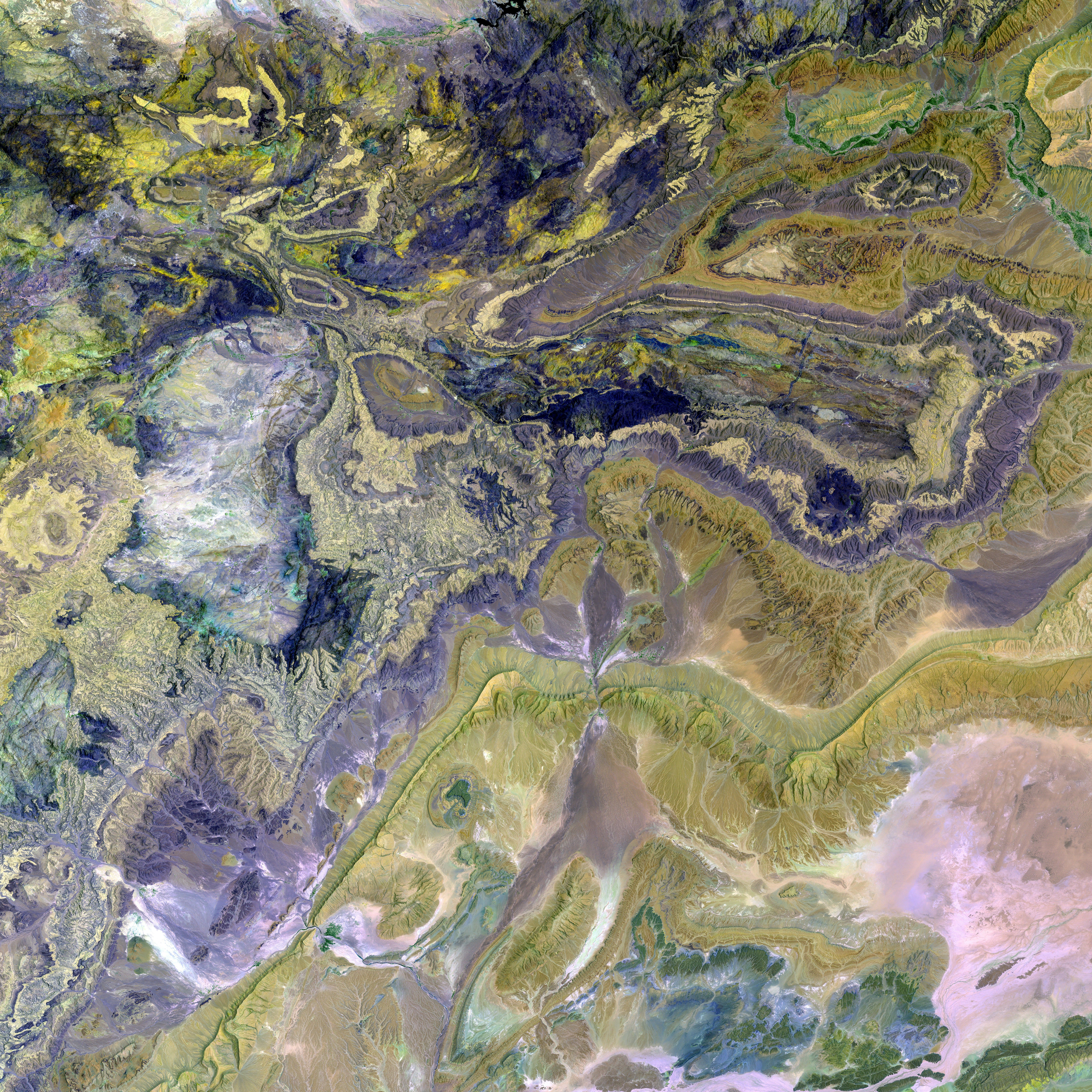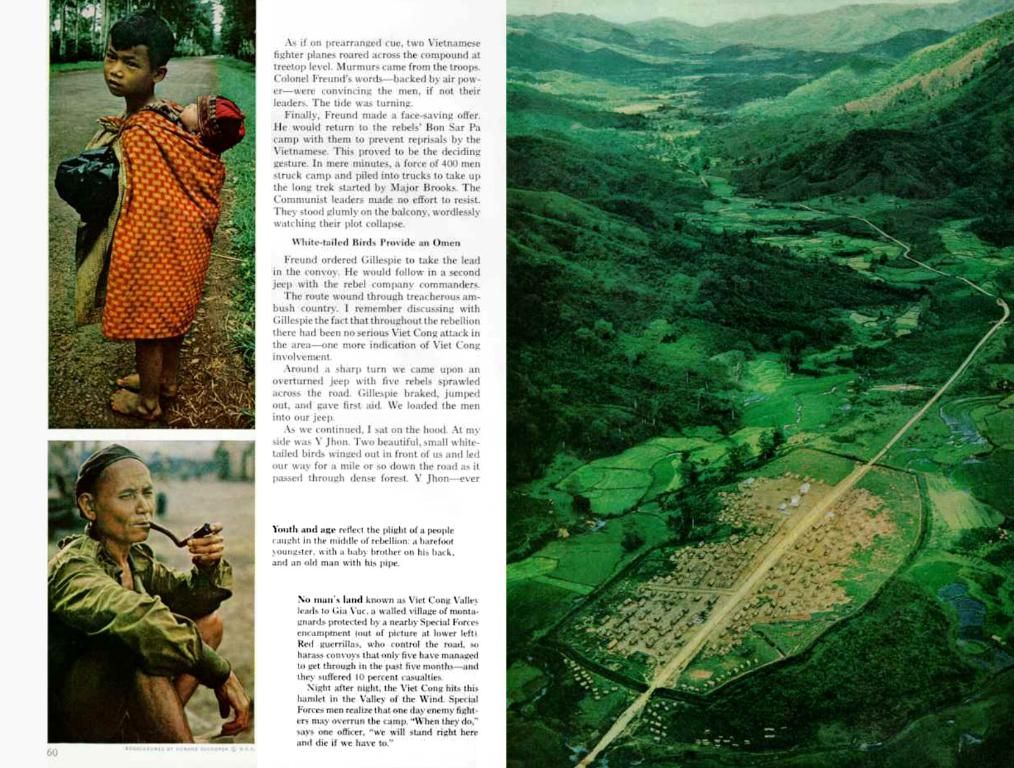Filmmaker Jafar Panahi Receives Honor - Duration of Political ban Uncertain at Cannes
Cannes Film Festival 2025 Fosters Political Dialogue
Cannes, France—The 78th Cannes Film Festival saw a politically engaged year in its history, with Jafar Panahi's "Un Simple Accident" winning the Golden Palm, setting a pronounced political statement. The festival served as a platform for discourse on urgent global issues, including the Gaza conflict and political critique of figures like former U.S. President Donald Trump.
Panahi's film, a powerful exploration of prison experiences, embodies a strong sense of resistance and survival. In the film, a group of former prisoners engage in a chaotic road trip,REVISED: [to set] their sights on reprisal against their former torturer, believed to have inflicted pain on them in an Iranian prison. The movie extensively depicts the profoundly violent experiences endured by participants during captivity, but also manages to incorporate moments of dark humor.
Jury chair Juliette Binoche expressed her admiration for Panahi's work, stating that it "possesses the power to alter the world, even the seemingly unbearable situations from a human perspective." At the festival's onset, Binoche also lent her signature to an open letter criticizing Israel's military action in Gaza. Several films set in Gaza were screened during the festival.
Cate Blanchett, an Oscar winner, delivered a speech emphasizing cinema's potential to pave the way for societal dialogues. She noted that such conversations might otherwise be overshadowed by the self-serving interests of national and personal political ambitions.
The politics of U.S. President Donald Trump were a recurring topic at Cannes, with Trump announcing the intention to impose tariffs on foreign-produced films. Criticism and mockery ensued from all corners of the festival, most visibly from Hollywood star Robert De Niro at the opening.
Another political film highlighted at the festival was "O Secreto Agente," by Brazilian Kleber Mendonça Filho. The movie, awarded the prize for best director, tells the story of an academic persecuted under the military dictatorship in 1977.
Not all films took a political turn; for example, "Sentimental Value" by Joachim Trier received the Grand Jury Prize for its complex father-daughter drama. Meanwhile, the award for best screenplay went to Jean-Pierre and Luc Dardenne for "Jeunes Mères" and the award for best actress to Nadia Melliti for her role in "La Petite Dernière."
Berliner Mascha Schilinski dedicated her Jury Prize for "Look into the Sun" to young filmmakers and women living in repressive environments. Her drama features four young women dealing with various struggles on a farm, including domestic violence, repressed desires, and inherited traumas.
Panahi, now able to attend the festival in person due to his travel ban being lifted approximately two years ago, lifted his arms in triumph as the audience erupted in applause upon the announcement of his Palme d'Or win. Addressing his fellow Iranians, Panahi expressed the importance of striving for a future where no one dares to dictate personal freedoms.
Jafar Panahi's film "Un Simple Accident," which tackled the topic of prison experiences, sparked a wave of political dialogue at the Cannes Film Festival. The festival, often associated with entertainment, also served as a platform for general-news discussions, with Jury chair Juliette Binoche lending her signature to an open letter criticizing Israel's military action in Gaza, and Cate Blanchett underscoring cinema's potential to foster societal dialogues, including those traditionally overshadowed by politics.








